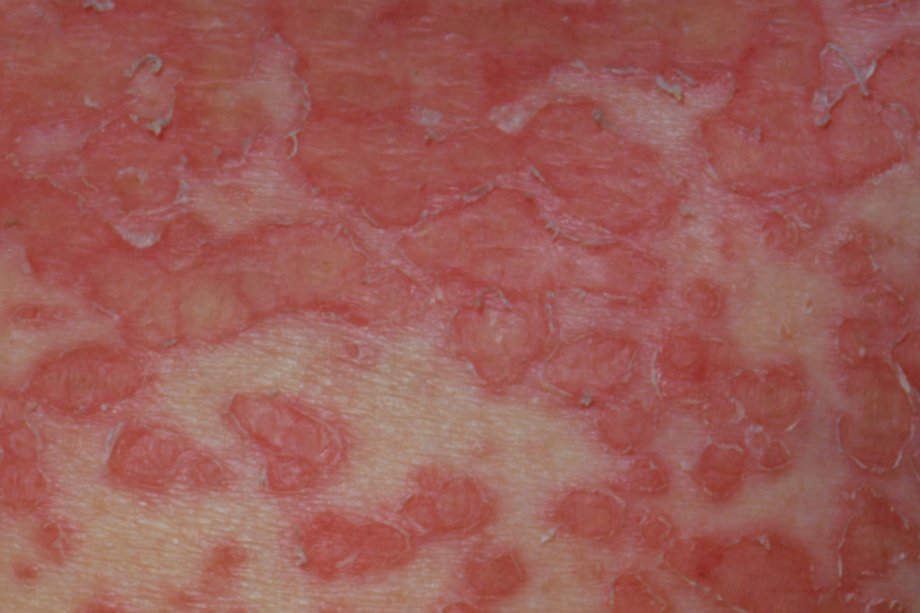Bacterial skin infections
As atopic eczema can cause your skin to become cracked and broken, there's a risk of the skin becoming infected with bacteria. The risk is higher if you scratch your eczema or don't use your treatments correctly.Signs of a bacterial infection can include:
- fluid oozing from the skin
- a yellow crust on the skin surface
- small yellowish-white spots appearing in the eczema
- the skin becoming swollen and sore
- a high temperature (fever) and generally feeling unwell
You should see your doctor as soon as possible if you think your or your child's skin may have become infected.
They'll usually prescribe antibiotics to treat the infection, as well as making sure the skin inflammation that led to the infection is well controlled.
Speak to your GP if these don't help or your symptoms get worse.
Once your infection has cleared, your GP will prescribe new supplies of any creams and ointments you're using to avoid contamination. Old treatments should be disposed of.
Psychological effects
As well as affecting you physically, atopic eczema may also affect you psychologically.Preschool children with atopic eczema may be more likely to have behavioural problems such as hyperactivity than children who don't have the condition. They're also more likely to be more dependent on their parents.
Bullying
Schoolchildren may experience teasing or bullying if they have atopic eczema. Any kind of bullying can be traumatic and difficult for a child to deal with.Your child may become quiet and withdrawn. Explain the situation to your child's teacher and encourage your child to tell you how they're feeling.
The National Eczema Society provides information about regional support groups, where you may be able to meet other people living with atopic eczema.
You can also read more about bullying.
Problems sleeping
Sleep-related problems are common among people with eczema.A lack of sleep may affect mood and behaviour. It may also make it more difficult to concentrate at school or work.
If your child has problems sleeping because of their eczema, they may fall behind with their schoolwork. It might help to let their teacher know about their condition so it can be taken into consideration.
During a severe eczema flare-up, your child may need time off from school. This may also affect their ability to keep up with their studies.
Self-confidence
Atopic eczema can affect the self-confidence of both adults and children. Children may find it particularly difficult to deal with their condition, which may lead to them having a poor self-image.If your child is severely lacking in confidence, it may affect their ability to develop social skills. Support and encouragement will help boost your child's self-confidence and give them a more positive attitude about their appearance.
Speak to your GP if you're concerned your child's eczema is severely affecting their confidence. They may benefit from specialist psychological support.
